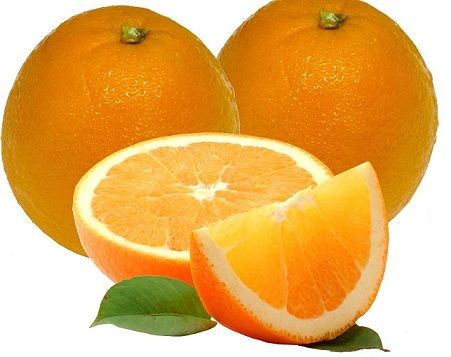Constipation is a common health issue, especially prevalent in the elderly population, having a certain impact on overall health. In the face of this situation, taking appropriate measures to alleviate it appears particularly important. Methods to alleviate constipation include: – Abdominal massage: Massaging can enhance blood circulation in the abdomen and intestines, increase muscle tone, promote gastrointestinal motility, aiding in constipation relief. – Drinking honey water: Honey can regulate gastric acid secretion, promote intestinal motility, suitable for individuals with constipation, but those with weak spleen and stomach should avoid drinking on an empty stomach. – Eating pumpkin: Pumpkin is rich in pectin, protecting the gastrointestinal tract, speeding up ulcer healing, and effectively promoting intestinal motility. – Consuming sweet potatoes: Sweet potatoes are rich in dietary fiber, absorbing water in the intestines to stimulate intestinal motility, beneficial for constipation in middle-aged and elderly individuals. – Waist exercises: Moderate waist activities can accelerate intestinal motility, simple waist twisting is also a viable option. – Eating more fruits: Fruits are rich in water and fiber, such as bananas, effective in alleviating constipation symptoms. Recommended foods beneficial for constipation include: – Brown rice: Rich in fiber, providing a feeling of fullness and promoting intestinal motility. – Peas: Containing not only starch but also dietary fiber effectively stimulating intestinal movement. – Nuts: Fiber, vitamins, and minerals in nuts can promote intestinal health. – Zucchini: High in water and fiber content, aiding in fecal discharge. – Bok choy: Rich in fiber, promoting digestion, preventing dry stools. – Adequate hydration: Daily sufficient water intake is crucial for constipation relief. – Bamboo shoots, apples, yogurt, dragon fruit: These foods are beneficial for alleviating constipation due to their fiber or probiotic content. Analysis of constipation causes in the elderly: – Intestinal aging: As age increases, intestinal motility slows, water decreases, leading to constipation. – Muscle tension: Excessive contraction of muscles around the anus affects defecation. – Emotional factors: Mental stress, depression can disturb normal neurological regulation, causing constipation. – Side effects of medications: Certain medications for cardiovascular and cerebrovascular diseases may result in constipation. – Dehydration: Reduced thirst sensation in the elderly may overlook replenishing fluids. – Dietary habits: Overly refined diet, lacking fiber-rich coarse grains and fruits. Understanding these reasons and coping strategies can prevent and alleviate constipation issues in a targeted manner, maintaining gastrointestinal health.
Elderly constipation how to do This abdominal massage can relieve constipation


